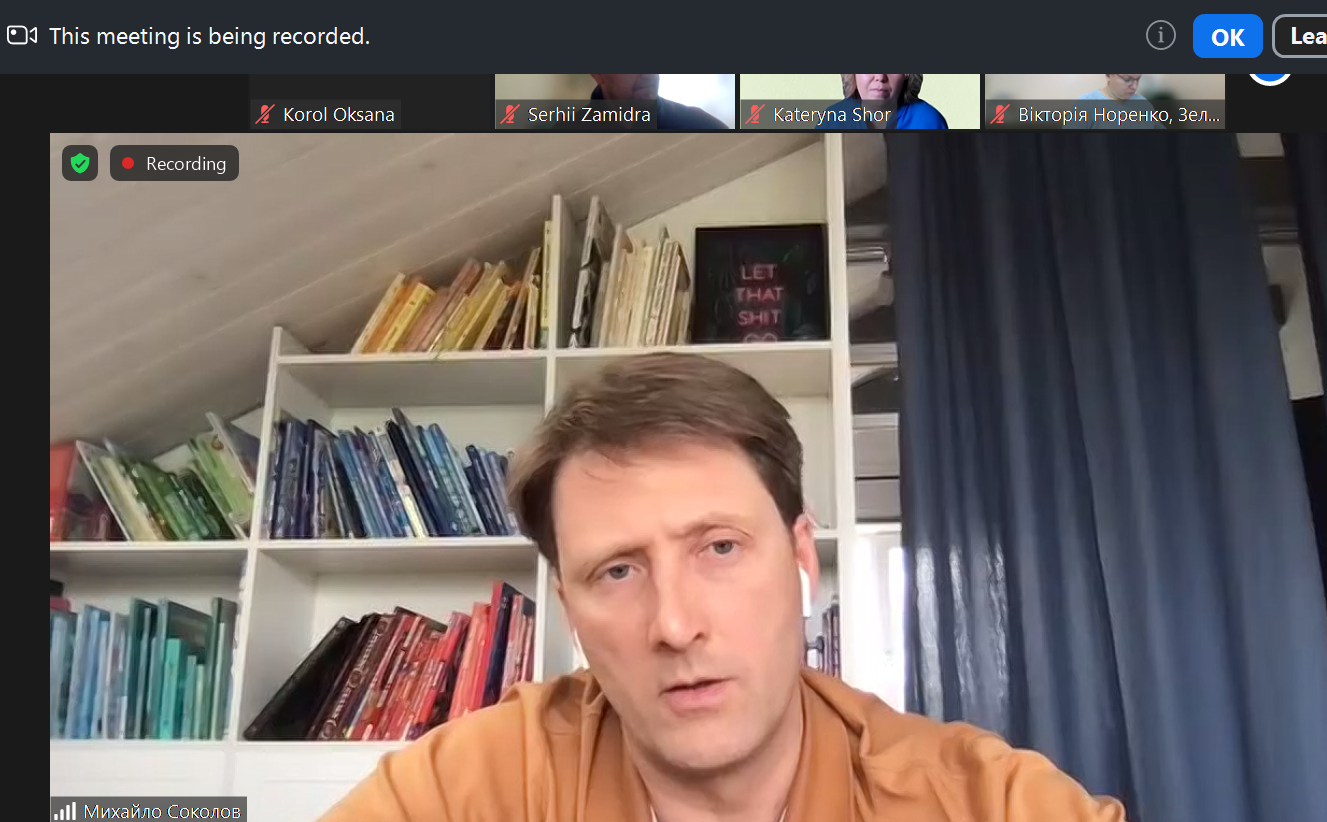Ukraine is facing a challenge - the transformation of the agricultural sector in the face of climate change and commitments to climate neutrality as part of European integration. What should be the national climate policy in the agricultural sector to make it not only environmentally friendly but also viable was discussed at the discussion platform "AgriFuture UA: Climate Neutrality in the Agricultural Sector - How to Start the Transformation Today".
Mykhailo Sokolov, Deputy Chairman of the Ukrainian Agri Council, raised the issue of adaptation of the agricultural sector to climate change:
"We need to discuss how the agricultural sector can adapt to climate change. This problem is quite acute for farmers, and producers are already doing a lot because they are simply forced to. In Ukraine, climate zones have shifted northward by 200 km. Where there used to be drainage systems, now we need to store moisture. The introduction of tillage technologies such as Strip-Till and No-Till was not so much for environmental reasons as for the need to preserve moisture, which is sorely lacking. However, these steps are only part of the necessary adaptation."

The expert drew special attention to the need to balance environmental goals with food security.
"We have to think about the climate and fight the consequences of its changes, but we also have to think about where to get food. Because the world's population continues to grow. And if we get to the point where we start to reduce food production, it will be not only our problem - as a business or a country - but also a global one. And perhaps it will be even more serious than the problems we are currently experiencing due to climate change," emphasized the Deputy Chairman of the UAC.
According to the expert, if farmers are not offered concrete, practical solutions to maintain or increase production profitability, all proposals to combat climate change will remain just talk.
"If we want farmers to support and implement climate policy, we need to offer them something that will improve their farming and increase yields. Otherwise, he will not do it. He has other problems: shareholders, loans, droughts, and help from the army," emphasized Sokolov.
He also warned against automatic copying of European approaches without a real analysis of their effectiveness:
"We often hear that the EU pays farmers for environmental services. But how many people think about whether this agreement is fair and what is their actual cost? Our estimates and experience of communicating with European partners show that this is a forced agreement that European farmers would gladly refuse, as the losses far exceed the compensation from the EU. After analyzing the UAC members, we concluded that the best option is to do nothing and receive nothing. Not even to have access to the European market. Ukrainian producers are completely satisfied with this. We have a place to sell. Therefore, when the state imposes environmental restrictions, it must compensate for them. Otherwise, it's like serfdom: you're out of luck, you're a farmer, you have to work for everyone else."
Thursday, 15 May 2025